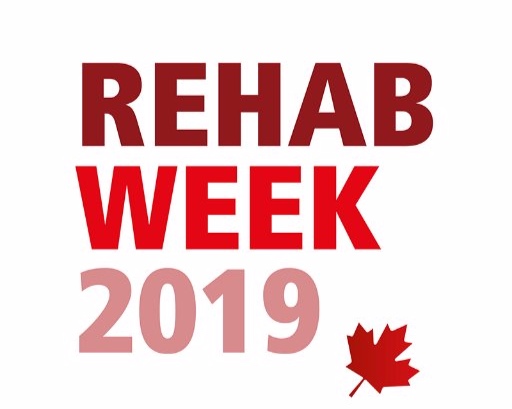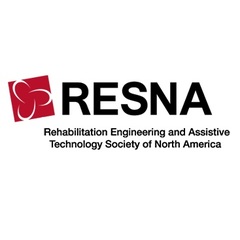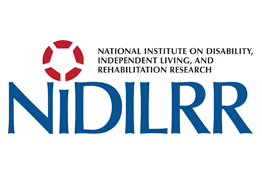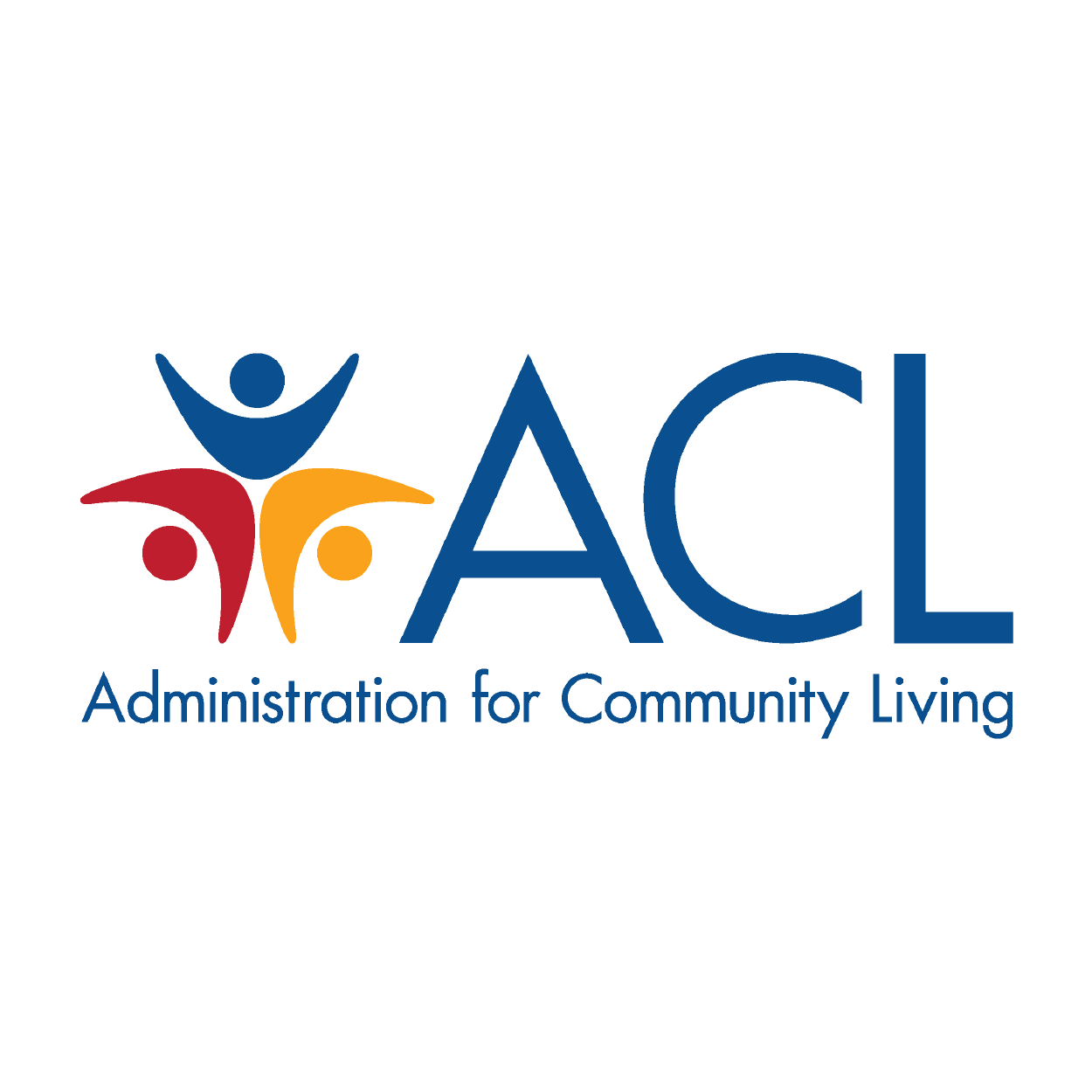Download a PDF of the Conference Program
Download a PDF of June 26 Workshop Discussion Points
Venue: RehabWeek – June 25-26, 2019 (workshops listed under RESNA and ACRM)
Title: LiveWell RERC State of the Science Conference: The Future of mHealth and mRehab for People with Disabilities
Abstract: The growth in mobile health and mobile rehab technologies and programs in recent years have produced rising expectations among consumers/patients, clinicians and healthcare delivery organizations. Concerns have been raised that the proliferation of mHealth could increase health disparities if it disproportionately benefits advantaged populations and leave vulnerable populations behind, including people with disabilities. Meanwhile, mRehab solutions are relatively less mature than mHealth solutions, and must confront critical challenges of dosing, efficacy, acceptance by consumers and other stakeholders, integration into hospitals’ health information systems, and reimbursement. The LiveWell State of the Science Conference will map the current state of the art and identify critical features of an mHealth/mRehab ecosystem that serves all populations.
The current state of development of mHealth/mRehab solutions reveals numerous critical challenges and questions which must be address in order to move forward effectively:
Clinicians lack insight into patient functioning in the home and community
How can clinicians extend the effectiveness of therapy for patients who have limited rehab benefits (e.g., spreading out outpatient visits and using technology to support home-based therapy between visits)?
Lack of any efficacy data about any apps and challenges of conducting efficacy studies (e.g., apps come and go so evaluation must be of common elements)
Lack of adherence in use of apps/ technology abandonment (some of which may be acceptable, e.g., once a habit is established you don’t need the app)
Misfit between essential elements for behavior change (e.g., goal setting) and actual features of current apps/tech
Overall user needs – the disparity/differences between people with and without disabilities
PROGRAM
Session 1: The Future of mHealth for People with Disabilities
Date/Time: Tuesday, June 25, 10:45 am-12:15 pm
Location: RESNA Hall A
mHealth: Capturing remote patient data and making it useful for clinicians
Devin Mann, MD
Healthcare Innovations Bridging Research Informatics and Design (HIBRID) Lab
NYU Langone Health
mHealth: Technology adoption, demonstrating value to healthcare delivery organizations, clinicians and patients
David Putrino, PT, PhD
Mt. Sinai Medical Center
mHealth: Consumer perspectives, user acceptance/adherence, and abandonment of mHealth technology solutions
June Kailes, Disability Policy Consultant
Western University of Health Sciences
DISCUSSANT:
Mark Bayley
University of Toronto / Toronto Rehabilitation Institute
Session 2: The Future of mRehab for People with Disabilities
Date/Time: Tuesday, June 25, 4:00-5:30 pm
Location: ACRM Hall
mRehab quality versus quantity: Optimizing physical rehabilitation at a distance
Catherine Lang, PT, PhD
Washington University
mRehab: Evaluating mRehab/mHealth mobile apps for usability, engagement, and evidence-basis, and incorporation of established techniques for behavior change
Danielle Jake-Schoffman, PhD
University of Florida
mRehab: Consumer perspectives, strategies to promote engagement by patients, family, caregivers and other users of mHealth technology solutions
Kate Lorig, PhD
Stanford University
DISCUSSANT:
Paulo Bonato, PhD
Spaulding Rehabilitation Hospital, Boston MA
Session 3: The Future of mHealth/mRehab for People with Disabilities: Mapping the Road Ahead
Date/Time: Wednesday, June 26, 9:00-11:00 am
Location: East Meeting Room 205 D
Roundtable discussion / Workshop
All speakers
Other invited guests
RERC staff
RehabWeek attendees
Learning Outcomes/Objectives: At the conclusion of this session, attendees will be able to:
Distinguish between mHealth, mRehab, and Telehealth
Identify 3 emerging technologies that will be central to mHealth/mRehab solution
Identify 3 user needs related to mHealth/mRehab technologies and programs for people with disabilities
Identify 3 barriers to adoption of mHealth/mRehab technologies and programs by people with disabilities






